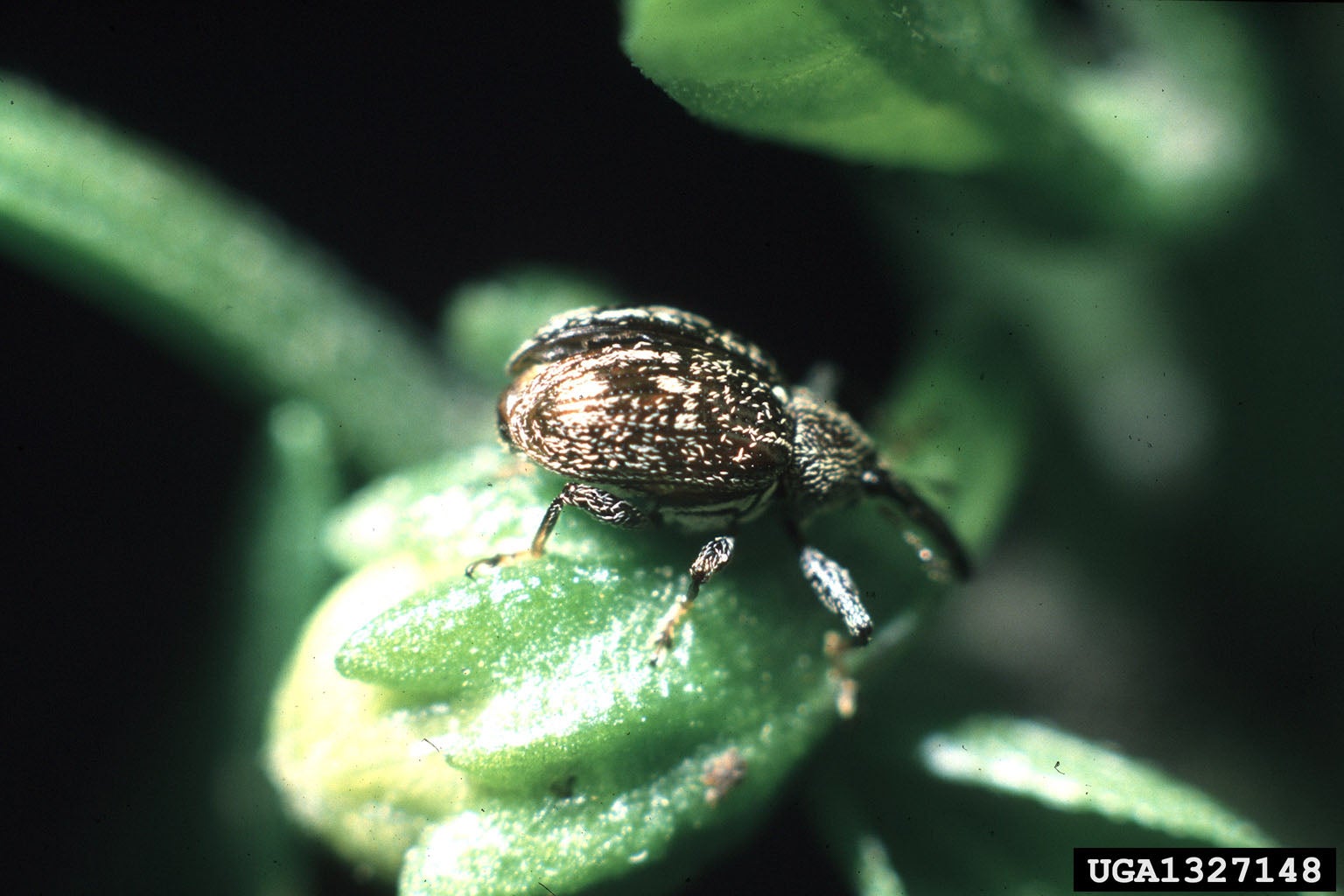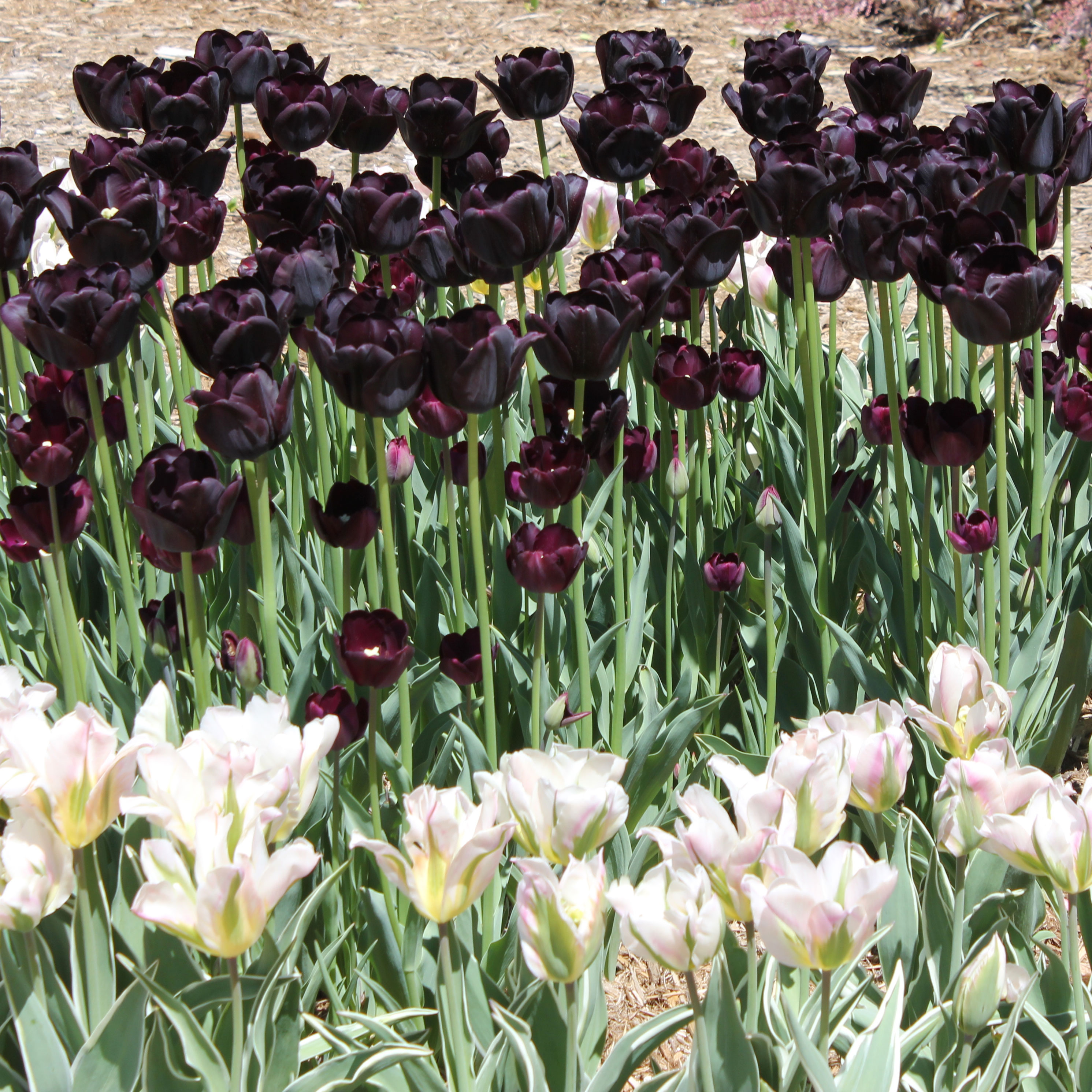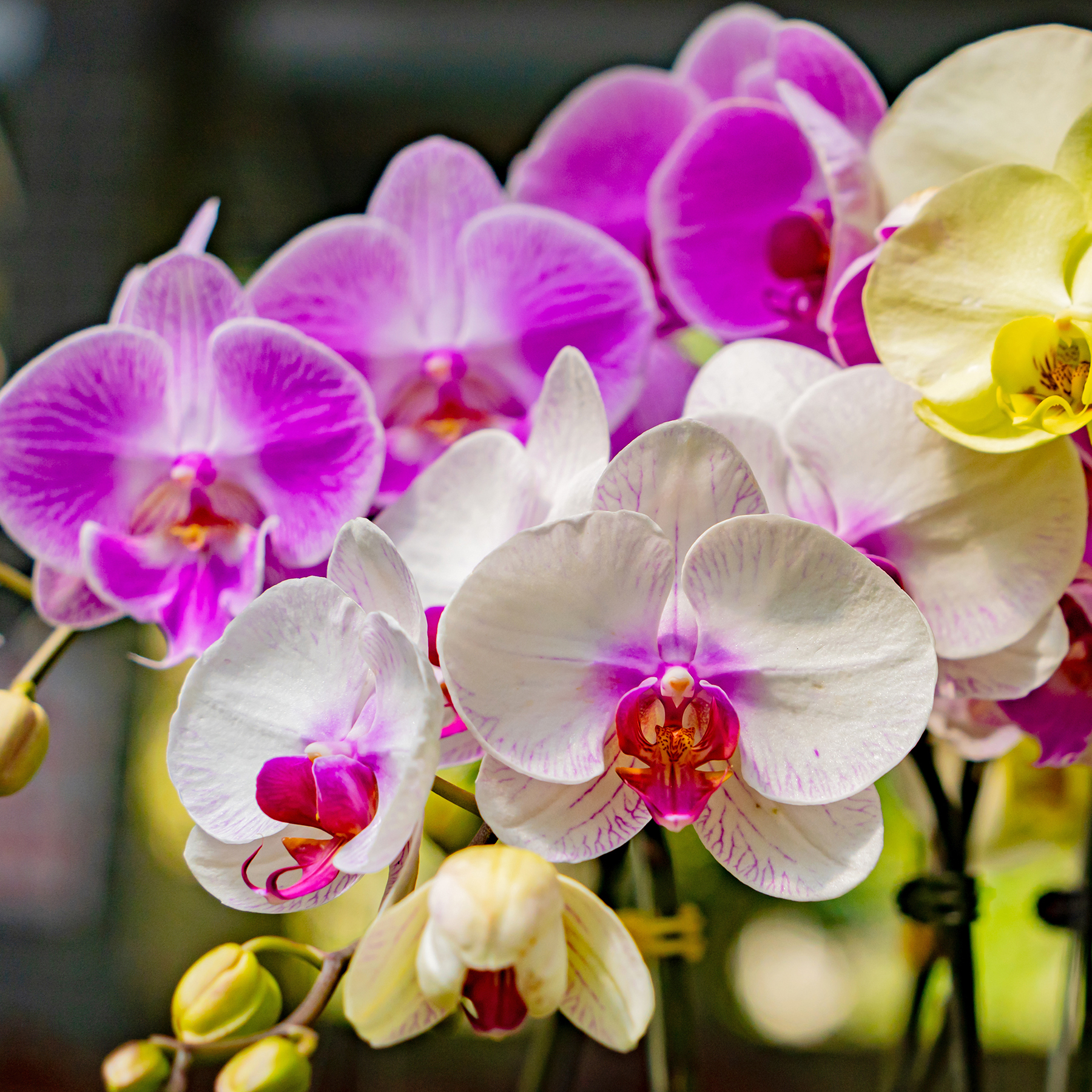Pepper Plant Insects: What’s Eating Hot Pepper Plants


Hot peppers are an effective deterrent to many pests, but what plagues these spicy plants? There are several pepper plant insects that can attack the plants and their fruit, and the occasional bird or mammal might try a bite. The biggest culprits are a handful of insects and their larvae, but these can easily be dealt with by vigilance and organic methods of control.
Biggest Hot Pepper Pests
Glorious hot chilies and spicy peppers add punch to a host of recipes. Fruit with holes or shredded leaves though can compromise your crop. What's eating hot pepper plants? Mammals and birds usually avoid such spicy fare, but insects don't seem to mine the capsaicin laced peppers. There are several pepper plant bugs that can spell serious problems to your pepper harvest.
Probably the number one hot pepper plant insects are the pepper weevils and pepper hornworms. While their names might suggest they only bother pepper plants, they do cause trouble in several other crops.
- Pepper weevils are small, hard bodied insects with a pronounced proboscis that it inserts into plant tissue. Both adult and larvae feed on the plant and cause bud and fruit drop. The larvae get into the fruit and cause a rotted type flesh.
- Pepper hornworms are the larvae of a moth with a 4 inch (10 cm.) wingspan. They hide under the leaves during the day and come out to eat at night.
Small Hot Pepper Plant Bugs
The insects you can barely see are often the ones that do the most damage. Aphids, flea beetles, spider mites, and thrips are all quite small. Thrips and spider mites are almost impossible to see with the naked eye, but if you put a piece of white paper under the leaves of the pepper and shake, you will see the little specks of black (thrips) to red (mites).
The sucking and feeding activity from small pests result in stippled leaves, dropped foliage, and over all declination of plant health.
The damage from root knot nematodes may not be known until it's too late. They are tiny roundworms that live in soil and feed on the roots, resulting in loss of vigor and can kill the plant in heavy infestations. Leaf miners are tiny larvae that leave tell-tale trails in leaves. They can reduce crop size.
Controlling Bugs on My Hot Pepper Plants
Larger hot pepper pests can be dealt with by hand picking. It may seem tedious, but you avoid chemicals on your fruit and have the satisfaction of smashing your nemesis. Many of the smaller insects can be washed off the plant with quick bursts of water.
Gardening tips, videos, info and more delivered right to your inbox!
Sign up for the Gardening Know How newsletter today and receive a free copy of our e-book "How to Grow Delicious Tomatoes".
In high infestations, use a horticultural soap spray every week. Bacillus thuringiensis is a naturally occurring bacterium that is safe to use and works on many insect pests. Organic formulas that contain pyrethrins are also safe to use up until two weeks prior to harvest. Neem oil is also an effective organic option safe to use on edibles.

Bonnie Grant is a professional landscaper with a Certification in Urban Gardening. She has been gardening and writing for 15 years. A former professional chef, she has a passion for edible landscaping.
-
 Moody Blooms For Spring: 8 Types Of Black Flowers To Add Drama To Spring Displays
Moody Blooms For Spring: 8 Types Of Black Flowers To Add Drama To Spring DisplaysFrom midnight burgundies to inky violets, several types of black flowers can enrich and embolden a spring display. Try these brooding bloomers for a moody garden
By Tonya Barnett
-
 My Homemade Orchid Fertilizer Always Brings More Blooms – Here's The Easy Recipe That Transforms Plants
My Homemade Orchid Fertilizer Always Brings More Blooms – Here's The Easy Recipe That Transforms PlantsScientist-turned-gardener Mary Ellen Ellis shares her tried-and-tested DIY orchid fertilizer recipe, plus more ingredients to try for healthy, happy plants.
By Mary Ellen Ellis